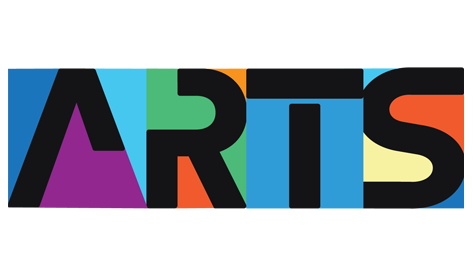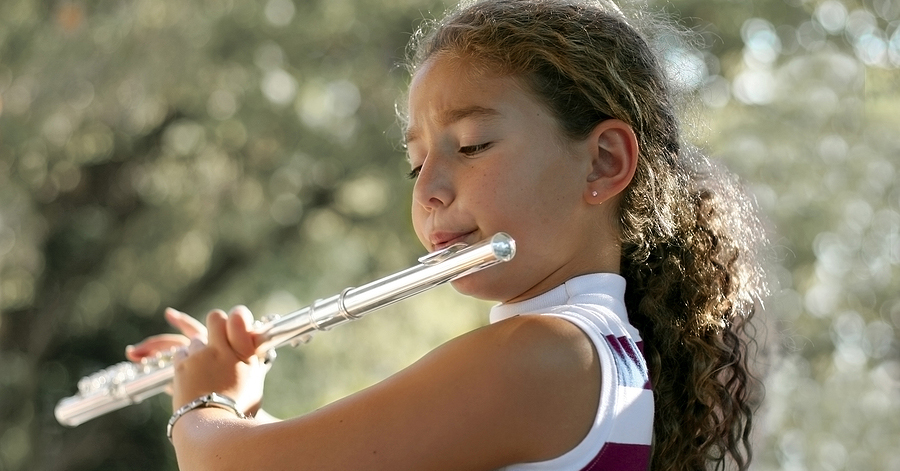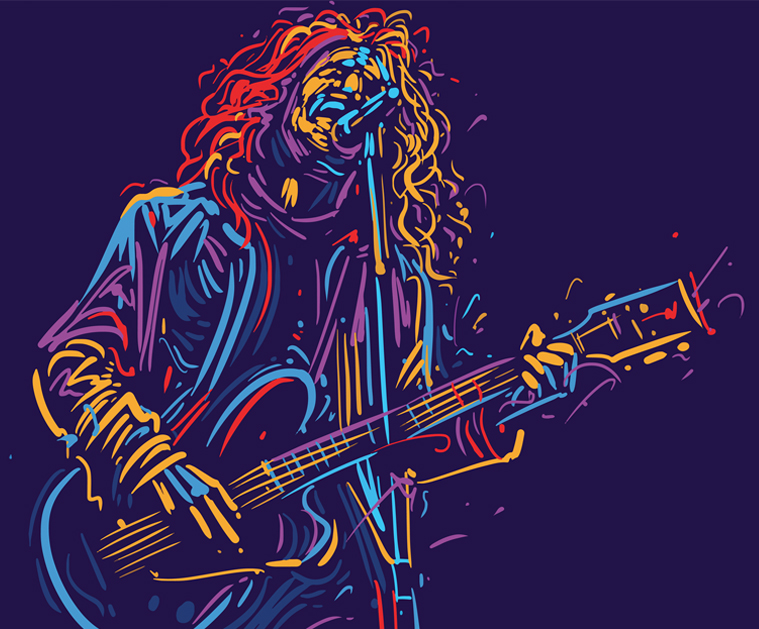Music is a universal language that transcends boundaries, cultures, and generations. Whether it’s a child plucking the strings of a violin for the first time or an adult sitting down at the piano after a long day, the act of making music has transformative effects.
At East End Arts, we believe that learning an instrument is not just about notes and technique—it’s about unlocking the mind, enriching the soul, and building connections. The benefits of playing an instrument extend far beyond musical talent, offering lifelong advantages for learners of all ages.
The Cognitive Benefits of Playing an Instrument
Brain Development in Children
For young learners, picking up an instrument can lay the groundwork for enhanced brain development. Research shows that music education improves spatial-temporal skills, the very skills used in math and complex problem-solving. Playing an instrument stimulates both hemispheres of the brain simultaneously, strengthening neural pathways associated with memory and attention.
Children who begin musical training before the age of seven often experience long-lasting structural changes in the brain, particularly in areas linked to motor control and auditory processing. These early neural boosts can influence academic performance for years to come.
Cognitive Maintenance in Adults and Seniors
The brain benefits don’t stop in childhood. For adults and seniors, playing an instrument supports cognitive health and mental agility. Studies indicate that regular musical activity helps preserve executive functioning—skills like planning, multitasking, and emotional regulation—that typically decline with age.
In fact, engaging with music has been associated with delayed onset of dementia and Alzheimer’s symptoms. Instruments like the guitar or piano demand concentration, coordination, and memory, keeping the brain active and engaged.
Emotional and Psychological Benefits
Stress Relief and Emotional Regulation
One of the most immediate benefits of playing an instrument is its ability to reduce stress. Whether improvising on the saxophone or practicing a favorite song on the ukulele, the focused act of playing helps lower cortisol levels and provides a break from daily anxieties.
Instruments can become emotional outlets, helping individuals express feelings that may be difficult to articulate. Playing music can mirror the effects of mindfulness meditation, fostering inner calm and emotional resilience.
Boosting Confidence and Self-Esteem
Progress in learning an instrument brings a strong sense of accomplishment. Each mastered chord or successfully performed piece builds confidence. Children, in particular, benefit from this positive reinforcement. Recitals and performances, while initially nerve-wracking, teach them to face fears and stand proud in front of others.
Adults also find empowerment in pursuing musical goals. Whether returning to an instrument after decades or starting from scratch, the journey offers personal satisfaction and a renewed sense of capability.
Social and Community Connection
Building Friendships and Collaborative Skills
Music is inherently social. Group lessons, ensembles, and bands foster teamwork, active listening, and empathy. Participants learn to collaborate, adjust their playing to others, and create something bigger than themselves.
Many lifelong friendships begin in school orchestras, summer music camps, or community choirs. These settings encourage communication and shared goals, building trust and camaraderie.
Opportunities for Community Engagement
East End Arts provides opportunities for musicians to showcase their talents at community events, open mic nights, and seasonal concerts. These gatherings aren’t just performances—they’re platforms for connection. Musicians often find a renewed sense of purpose when contributing to local culture.
Physical Benefits and Coordination
Fine Motor Skills and Hand-Eye Coordination
Learning to play an instrument enhances fine motor skills and hand-eye coordination. Instruments like the violin, flute, or drum kit require precise finger placement, timing, and responsiveness.
For children, this development supports handwriting, typing, and athletic skills. For adults, it helps maintain dexterity and can even support rehabilitation after injuries or surgeries involving motor skills.
Breath Control and Posture
Wind and brass instruments, such as the clarinet or trumpet, improve breath control and lung function. Players must learn to breathe deeply and evenly, which promotes relaxation and overall respiratory health.
Playing also reinforces good posture. Musicians often sit or stand with proper alignment to ensure optimal technique, which can carry over into daily life, reducing back and neck strain.
Academic and Professional Advantages
Improved Academic Performance
Numerous studies link music education to higher academic performance. Students who play instruments often score higher in math and reading comprehension. The discipline required to practice regularly translates to better time management and study habits.
Transferable Skills for Careers
Musical training fosters skills that are valuable in any profession:
- Focus and attention to detail
- Perseverance through challenges
- Public speaking and performance confidence
- Team collaboration and communication
These qualities make musicians adaptable, creative problem-solvers in the workplace.
Lifelong Learning and Personal Growth
It’s Never Too Late to Start
One of the most inspiring truths about music is that it welcomes learners at any stage of life. Adults often have the patience, self-awareness, and resources to progress steadily. With consistent effort, many achieve milestones they once thought impossible.
Building a Lifelong Hobby or Passion
Music can become a fulfilling lifelong pursuit. For retirees, it provides structure and stimulation. For busy professionals, it offers an enriching escape. Unlike many other hobbies, music continues to challenge and inspire, with always something new to explore.
How to Get Started at Any Age
At East End Arts, we make it easy to begin your musical journey:
- Beginner-friendly classes for children, teens, and adults.
- Private lessons in a wide range of instruments and styles.
- Ensemble opportunities for collaborative learning and performance.
- Scholarships to make music accessible to all.
When choosing an instrument, consider:
- Personal interest and sound preference
- Physical comfort and accessibility
- Time commitment for practice
Our instructors can help guide you toward the best fit based on your goals and experience level.
Conclusion
The benefits of playing an instrument go far beyond musical notes. From sharpening the mind and lifting the spirit to building friendships and strengthening the community, music is a powerful tool for personal growth at any age.
Whether you’re 8 or 80, there’s always room to start—or restart—your musical journey. Visit the East End Arts Music School and discover how music can enrich your life in ways you never imagined.






